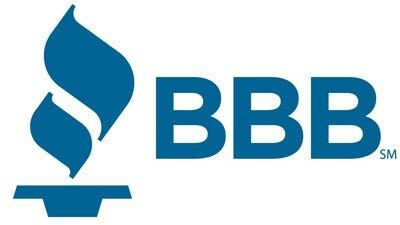CAPE GIRARDEAU, Mo. (BBB) ‚ÄĒ¬†If you were to search ‚Äúcrime of the 21st century,‚Ä� what do you think the results would be? Did senior financial scams cross your mind? Unfortunately, these scams have become so prevalent, they have earned this title.
(BBB) advises seniors to be aware of the different types of investment and financial schemes robbing seniors of their savings. Many seniors are on a fixed income but may have a lifetime of savings in the bank, making them a prime target for scammers.
Financial scams often go unreported and can be difficult to prosecute so they are considered a ‚Äúlow-risk‚Ä� crime. The effects, however, can be devastating and leave seniors in a vulnerable position with little time to recoup their losses.
The following are popular scams designed to trick consumers, especially older generations, into giving up their money, property, or personal information:
· The Grandparent Scam: This scam has been around for several years. In this approach, a person calls an older adult pretending to be a relative who’s been involved in an accident or legal trouble and needs money immediately. Recently, the Federal Trade Commission (FTC) found that instead of using
wire transfers or gift cards, an increasing number of older adults are mailing cash to the scammers, with a median individual loss of $9,000. According to reports, the scammers often ask seniors to divide the bills into envelopes and place them between the pages of a magazine. They are then told to mail the magazine.
¬∑ Social Security Spoofing Calls: There has been a significant uptick in fraudulent phone calls from people claiming to represent the Social Security Administration. They may even ‚Äúspoof‚Ä� the actual Social Security hotline number to appear on the recipient‚Äôs caller ID. In the calls, the scammer threatens legal action or say they face arrest if they fail to call a provided phone number or press the number indicated in the message. Sometimes they may even switch tactics and say that they want to help an individual activate a suspended social security number ‚Ä� what they are really after is personal information.
· Door-to-Door Sales Scams: People who go door-to-door offering extremely low prices for home improvement work may be scammers. Seniors are specifically targeted because they are more likely to be home to answer the door and they may be physically unable to do maintenance around their home. These scammers are often transient, and often cannot be reached after the money has been exchanged.
· Investment Schemes: Scammers target seniors after retirement because they know that plans are being made to safeguard finances for their later years. Be wary of investment schemes promising quick and plentiful returns. If it’s too good to be true, then beware. Also, the higher the return, the more risk is often being taken.
warns consumers to be aware that scammers often look for people who have already been scammed in the past. If you’ve been a victim once, chances are you’ll be called again by other scammers.
For more schemes targeting seniors, visit BBB’s or call 888-996-3887.














